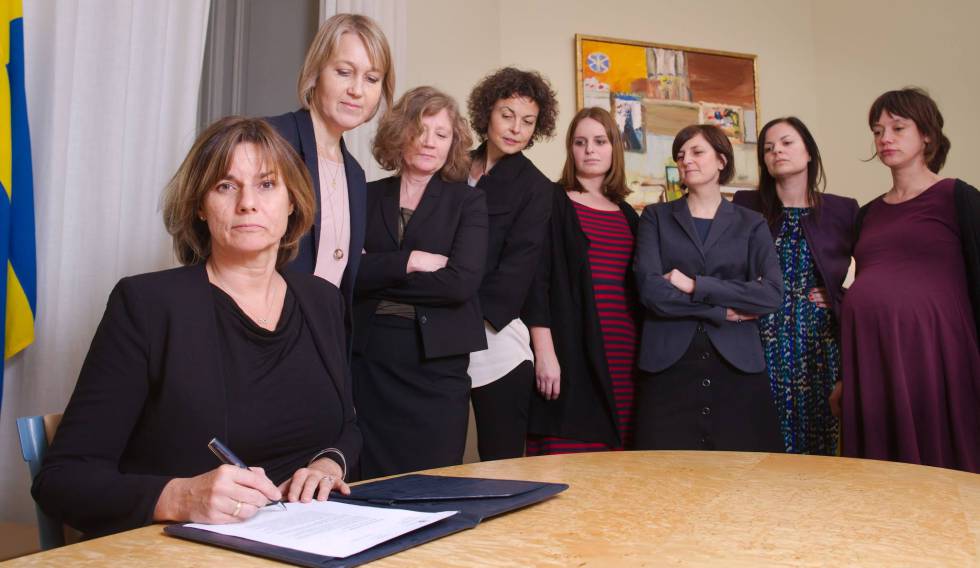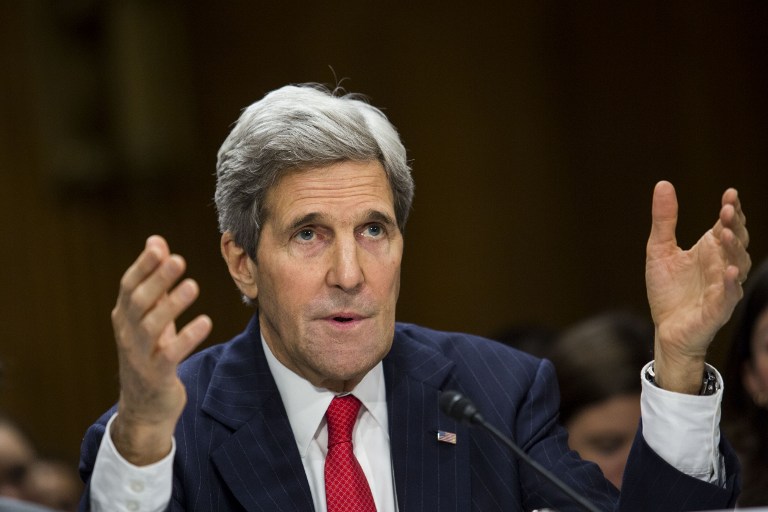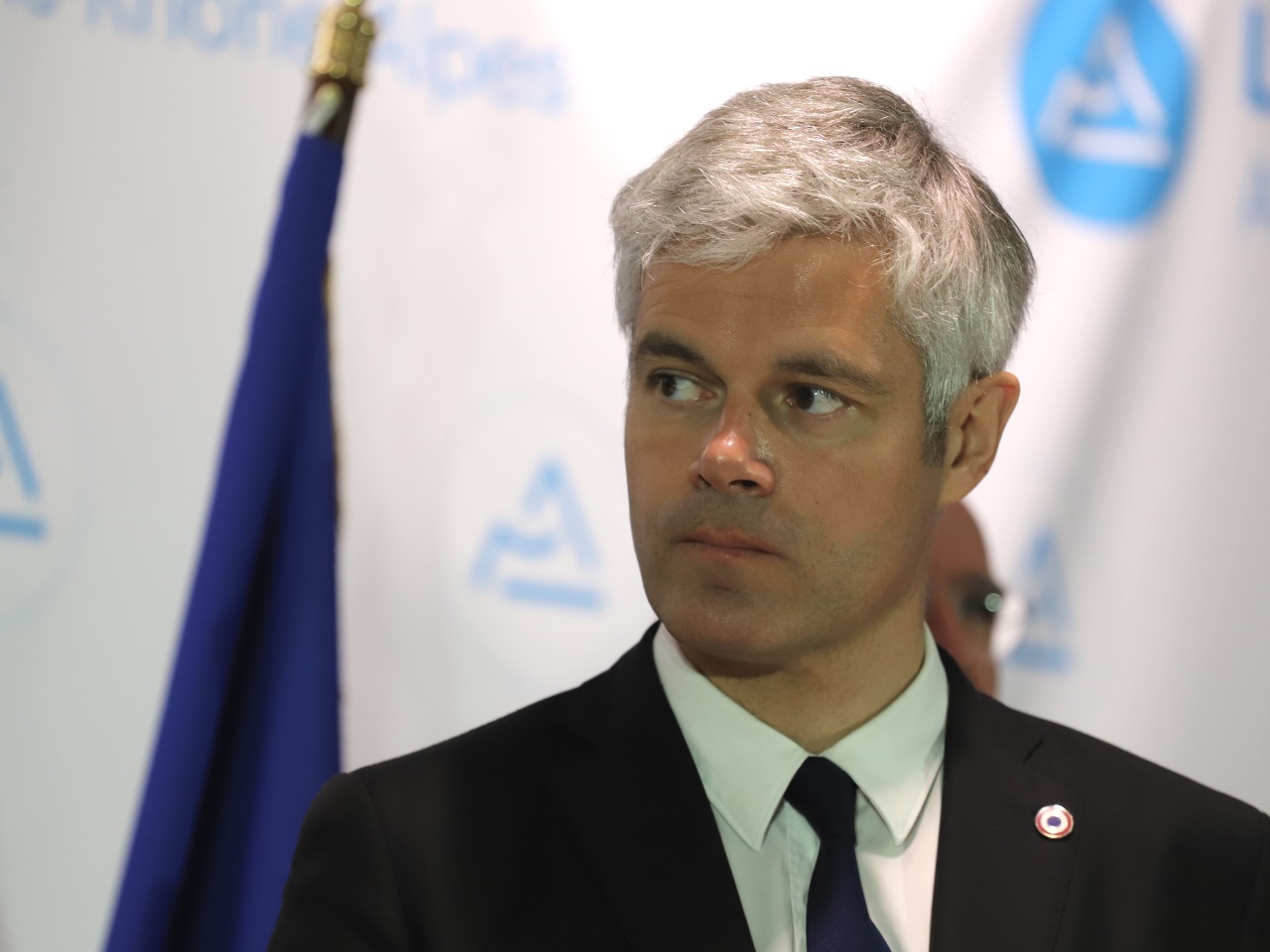

Advertisement

![]() by Azmara » Wed Mar 04, 2020 12:28 pm
by Azmara » Wed Mar 04, 2020 12:28 pm

SHARE



 Comments [ 10182 ] |
Comments [ 10182 ] |  E-mail
E-mail 10182 comments
10182 comments

![]() by The Kingdom of Glitter » Thu Mar 05, 2020 7:31 pm
by The Kingdom of Glitter » Thu Mar 05, 2020 7:31 pm

SHARE



 Comments [ 7901 ] |
Comments [ 7901 ] |  E-mail
E-mail 7901 comments
7901 comments

![]() by Eskaeba » Fri Mar 06, 2020 9:04 am
by Eskaeba » Fri Mar 06, 2020 9:04 am


![]() by Liecthenbourg » Fri Mar 06, 2020 10:39 am
by Liecthenbourg » Fri Mar 06, 2020 10:39 am

The government's use of heavy armour is seen as 'instrumental' in the defeat of the rebels.
 Comments [ 12251 ] |
Comments [ 12251 ] |  E-mail
E-mail 12251 comments
12251 commentsatuditemilsperger · 1 hour ago
They're called Merkavas actually.8,761 up · 5,186 downREPLY · UPVOTE · DOWNVOTE
BoeJiden · 1 hour ago
NOW HERE'S THE DEAL.43,195 up · 45,826 downREPLY · UPVOTE · DOWNVOTE
NazimAl'QutayniWinsSuperTues. · 1 hour ago
has the government forgotten about the socialist in the north of this country wishing to bring the entire nation down???5,541 up · 867 downREPLY · UPVOTE · DOWNVOTE


![]() by Azmara » Sat Mar 07, 2020 3:18 pm
by Azmara » Sat Mar 07, 2020 3:18 pm

SHARE



 Comments [ 10293 ] |
Comments [ 10293 ] |  E-mail
E-mail 10293 comments
10293 comments

![]() by Liecthenbourg » Sat Mar 07, 2020 5:24 pm
by Liecthenbourg » Sat Mar 07, 2020 5:24 pm

SHARE



 Comments [ 215,678 ] |
Comments [ 215,678 ] |  E-mail
E-mail 215,678 comments
215,678 comments

![]() by Liecthenbourg » Sun Mar 08, 2020 4:15 pm
by Liecthenbourg » Sun Mar 08, 2020 4:15 pm

SHARE



 Comments [ 19,191 ] |
Comments [ 19,191 ] |  E-mail
E-mail 19,191 comments
19,191 comments

![]() by Union of Akoren » Mon Mar 09, 2020 10:34 am
by Union of Akoren » Mon Mar 09, 2020 10:34 am

A Emad-ye Kheshm cruise missile being launched during the tests. Courtesy: Ministry of National Defence.

![]() by The Kingdom of Glitter » Mon Mar 09, 2020 6:35 pm
by The Kingdom of Glitter » Mon Mar 09, 2020 6:35 pm

SHARE



 Comments [ 5671 ] |
Comments [ 5671 ] |  E-mail
E-mail 5671 comments
5671 comments

![]() by Azmara » Thu Mar 12, 2020 3:25 pm
by Azmara » Thu Mar 12, 2020 3:25 pm

SHARE



 Comments [ 9281 ] |
Comments [ 9281 ] |  E-mail
E-mail 9281 comments
9281 comments

![]() by Ordennya » Fri Mar 13, 2020 4:41 pm
by Ordennya » Fri Mar 13, 2020 4:41 pm

SHARE



![]() by Liecthenbourg » Sun Mar 15, 2020 4:28 pm
by Liecthenbourg » Sun Mar 15, 2020 4:28 pm

SHARE



 Comments [ 19,191 ] |
Comments [ 19,191 ] |  E-mail
E-mail 19,191 comments
19,191 comments

![]() by Nuvania » Sun Mar 15, 2020 9:44 pm
by Nuvania » Sun Mar 15, 2020 9:44 pm

SHARE


Foreign Minister Maarten van Doorne announces the measures to the press.

![]() by Imagua and the Assimas » Sun Mar 15, 2020 10:30 pm
by Imagua and the Assimas » Sun Mar 15, 2020 10:30 pm

SHARE



 Comments [ 13,669 ] |
Comments [ 13,669 ] |  E-mail
E-mail
![]() by Liecthenbourg » Mon Mar 16, 2020 2:33 pm
by Liecthenbourg » Mon Mar 16, 2020 2:33 pm

SHARE



 Comments [ 215,678 ] |
Comments [ 215,678 ] |  E-mail
E-mail 215,678 comments
215,678 comments

![]() by Eskaeba » Thu Mar 19, 2020 4:26 am
by Eskaeba » Thu Mar 19, 2020 4:26 am

Czenko's remarks were made whilst on the subject of global Marolevic solidarity.
 Comments (9331)
Comments (9331)

![]() by Liecthenbourg » Fri Mar 20, 2020 10:47 am
by Liecthenbourg » Fri Mar 20, 2020 10:47 am

SHARE



 Comments [ 19,191 ] |
Comments [ 19,191 ] |  E-mail
E-mail 19,191 comments
19,191 comments

![]() by Kumuso » Fri Mar 20, 2020 11:10 am
by Kumuso » Fri Mar 20, 2020 11:10 am



![]() by Nuvania » Fri Mar 20, 2020 9:36 pm
by Nuvania » Fri Mar 20, 2020 9:36 pm

SHARE



![]() by Fjalland- » Sat Mar 21, 2020 2:23 pm
by Fjalland- » Sat Mar 21, 2020 2:23 pm

SHARE



 Comments [ 8367 ] |
Comments [ 8367 ] |  E-mail
E-mail 8367 comments
8367 comments

![]() by Imagua and the Assimas » Sat Mar 21, 2020 3:22 pm
by Imagua and the Assimas » Sat Mar 21, 2020 3:22 pm

SHARE



 Comments [ 8,669 ] |
Comments [ 8,669 ] |  E-mail
E-mailAdvertisement
Advertisement